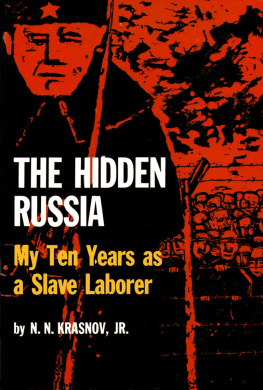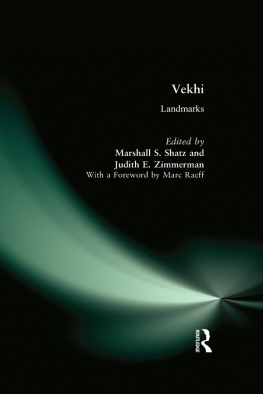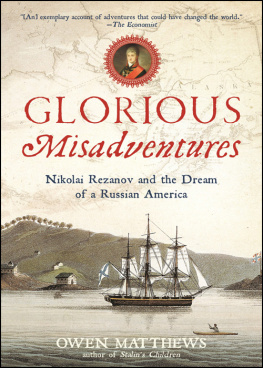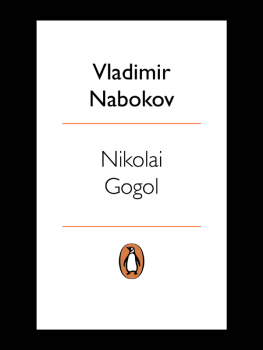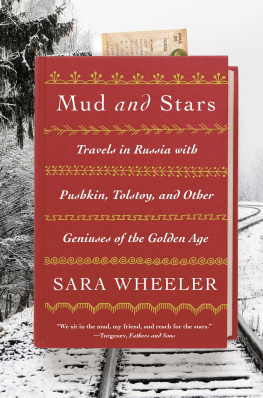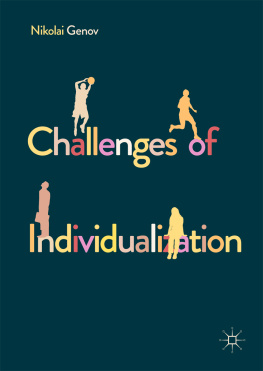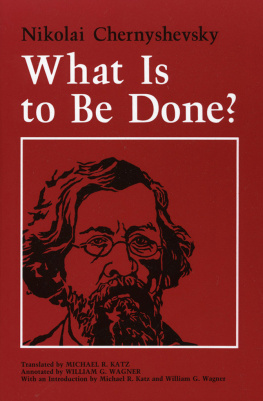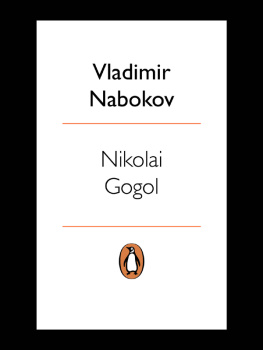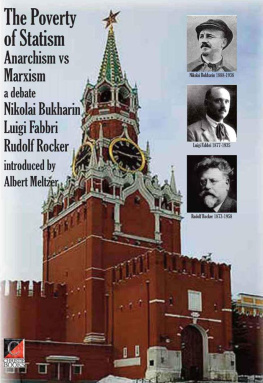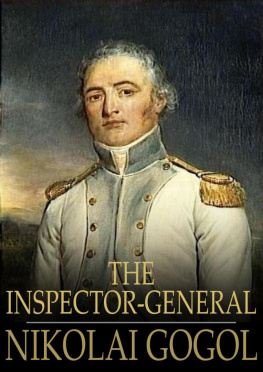Nikolai Nekrasov - Who Can Be Happy and Free in Russia?
Here you can read online Nikolai Nekrasov - Who Can Be Happy and Free in Russia? full text of the book (entire story) in english for free. Download pdf and epub, get meaning, cover and reviews about this ebook. year: 2005, genre: Art. Description of the work, (preface) as well as reviews are available. Best literature library LitArk.com created for fans of good reading and offers a wide selection of genres:
Romance novel
Science fiction
Adventure
Detective
Science
History
Home and family
Prose
Art
Politics
Computer
Non-fiction
Religion
Business
Children
Humor
Choose a favorite category and find really read worthwhile books. Enjoy immersion in the world of imagination, feel the emotions of the characters or learn something new for yourself, make an fascinating discovery.

- Book:Who Can Be Happy and Free in Russia?
- Author:
- Genre:
- Year:2005
- Rating:5 / 5
- Favourites:Add to favourites
- Your mark:
- 100
- 1
- 2
- 3
- 4
- 5
Who Can Be Happy and Free in Russia?: summary, description and annotation
We offer to read an annotation, description, summary or preface (depends on what the author of the book "Who Can Be Happy and Free in Russia?" wrote himself). If you haven't found the necessary information about the book — write in the comments, we will try to find it.
Who Can Be Happy and Free in Russia? — read online for free the complete book (whole text) full work
Below is the text of the book, divided by pages. System saving the place of the last page read, allows you to conveniently read the book "Who Can Be Happy and Free in Russia?" online for free, without having to search again every time where you left off. Put a bookmark, and you can go to the page where you finished reading at any time.
Font size:
Interval:
Bookmark:
WHO CAN BE HAPPY AND FREE IN RUSSIA?
BY
NICHOLAS NEKRASSOV
Translated by Juliet M. Soskice
With an Introduction by Dr. David Soskice
NICHOLAS ALEXEIEVITCH NEKRASSOV
Born, near the town Vinitza, province of Podolia, November 22, 1821
Died, St. Petersburg, December 27, 1877.
'Who can be Happy and Free in Russia?' was first published in Russia in 1879. In 'The World's Classics' this translation was first published in 1917.
NICHOLAS NEKRASSOV: A SKETCH OF HIS LIFE
Western Europe has only lately begun to explore the rich domain of Russian literature, and is not yet acquainted with all even of its greatest figures. Treasures of untold beauty and priceless value, which for many decades have been enlarging and elevating the Russian mind, still await discovery here. Who in England, for instance, has heard the names of Saltykov, Uspensky, or Nekrassov? Yet Saltykov is the greatest of Russian satirists; Uspensky the greatest story-writer of the lives of the Russian toiling masses; while Nekrassov, "the poet of the people's sorrow," whose muse "of grief and vengeance" has supremely dominated the minds of the Russian educated classes for the last half century, is the sole and rightful heir of his two great predecessors, Pushkin and Lermontov.
Russia is a country still largely mysterious to the denizen of Western Europe, and the Russian peasant, the moujik, an impenetrable riddle to him. Of all the great Russian writers not one has contributed more to the interpretation of the enigmatical soul of the moujik than Russia's great poet, Nekrassov, in his life-work the national epic, Who can be Happy in Russia?
There are few literate persons in Russia who do not know whole pages of this poem by heart. It will live as long as Russian literature exists; and its artistic value as an instrument for the depiction of Russian nature and the soul of the Russian people can be compared only with that of the great epics of Homer with regard to the legendary life of ancient Greece.
Nekrassov seemed destined to dwell from his birth amid such surroundings as are necessary for the creation of a great national poet.
Nicholas Alexeievitch Nekrassov was the descendant of a noble family, which in former years had been very wealthy, but subsequently had lost the greater part of its estates. His father was an officer in the army, and in the course of his peregrinations from one end of the country to the other in the fulfilment of his military duties he became acquainted with a young Polish girl, the daughter of a wealthy Polish aristocrat. She was seventeen, a type of rare Polish beauty, and the handsome, dashing Russian officer at once fell madly in love with her. The parents of the girl, however, were horrified at the notion of marrying their daughter to a "Muscovite savage," and her father threatened her with his curse if ever again she held communication with her lover. So the matter was secretly arranged between the two, and during a ball which the young Polish beauty was attending she suddenly disappeared. Outside the house the lover waited with his sledge. They sped away, and were married at the first church they reached.
The bride, with her father's curse upon her, passed straight from her sheltered existence in her luxurious home to all the unsparing rigours of Russian camp-life. Bred in an atmosphere of maternal tenderness and Polish refinement she had now to share the life of her rough, uncultured Russian husband, to content herself with the shallow society of the wives of the camp officers, and soon to be crushed by the knowledge that the man for whom she had sacrificed everything was not even faithful to her.
During their travels, in 1821, Nicholas Nekrassov the future poet was born, and three years later his father left military service and settled in his estate in the Yaroslav Province, on the banks of the great river Volga, and close to the Vladimirsky highway, famous in Russian history as the road along which, for centuries, chained convicts had been driven from European Russia to the mines in Siberia. The old park of the manor, with its seven rippling brooklets and mysterious shadowy linden avenues more than a century old, filled with a dreamy murmur at the slightest stir of the breeze, stretched down to the mighty Volga, along the banks of which, during the long summer days, were heard the piteous, panting songs of the burlaki, the barge-towers, who drag the heavy, loaded barges up and down the river.
The rattling of the convicts' chains as they passed; the songs of the burlaki; the pale, sorrowful face of his mother as she walked alone in the linden avenues of the garden, often shedding tears over a letter she read, which was headed by a coronet and written in a fine, delicate hand; the spreading green fields, the broad mighty river, the deep blue skies of Russia,such were the reminiscences which Nekrassov retained from his earliest childhood. He loved his sad young mother with a childish passion, and in after years he was wont to relate how jealous he had been of that letter she read so often, which always seemed to fill her with a sorrow he could not understand, making her at moments even forget that he was near her.
The sight and knowledge of deep human suffering, framed in the soft voluptuous beauty of nature in central Russia, could not fail to sow the seed of future poetical powers in the soul of an emotional child. His mother, who had been bred on Shakespeare, Milton, and the other great poets and writers of the West, devoted her solitary life to the development of higher intellectual tendencies in her gifted little son. And from an early age he made attempts at verse. His mother has preserved for the world his first little poem, which he presented to her when he was seven years of age, with a little heading, roughly to the following effect:
My darling Mother, look at this,
I did the best I could in it,
Please read it through and tell me if
You think there's any good in it.
The early life of the little Nekrassov was passed amid a series of contrasting pictures. His father, when he had abandoned his military calling and settled upon his estate, became the Chief of the district police. He would take his son Nicholas with him in his trap as he drove from village to village in the fulfilment of his new duties. The continual change of scenery during their frequent journeys along country roads, through forests and valleys, past meadows and rivers, the various types of people they met with, broadened and developed the mind of little Nekrassov, just as the mind of the child Ruskin was formed and expanded during his journeys with his father. But Ruskin's education lacked features with which young Nekrassov on his journeys soon became familiar. While acquiring knowledge of life and accumulating impressions of the beauties of nature, Nekrassov listened, perforce, to the brutal, blustering speeches addressed by his father to the helpless, trembling peasants, and witnessed the cruel, degrading corporal punishments he inflicted upon them, while his eyes were speedily opened to his father's addiction to drinking, gambling, and debauchery. These experiences would most certainly have demoralised and depraved his childish mind had it not been for the powerful influence the refined and cultured mother had from the first exercised upon her son. The contrast between his parents was so startling that it could not fail to awaken the better side of the child's nature, and to imbue him with pure and healthy notions of the truer and higher ideals of humanity. In his poetical works of later years Nekrassov repeatedly returns to and dwells upon the memory of the sorrowful, sweet image of his mother. The gentle, beautiful lady, with her wealth of golden hair, with an expression of divine tenderness in her blue eyes and of infinite suffering upon her sensitive lips, remained for ever her son's ideal of womanhood. Later on, during years of manhood, in moments of the deepest moral suffering and despondency, it was always of her that he thought, her tenderness and spiritual consolation he recalled and for which he craved.
Font size:
Interval:
Bookmark:
Similar books «Who Can Be Happy and Free in Russia?»
Look at similar books to Who Can Be Happy and Free in Russia?. We have selected literature similar in name and meaning in the hope of providing readers with more options to find new, interesting, not yet read works.
Discussion, reviews of the book Who Can Be Happy and Free in Russia? and just readers' own opinions. Leave your comments, write what you think about the work, its meaning or the main characters. Specify what exactly you liked and what you didn't like, and why you think so.

